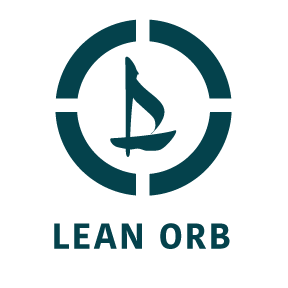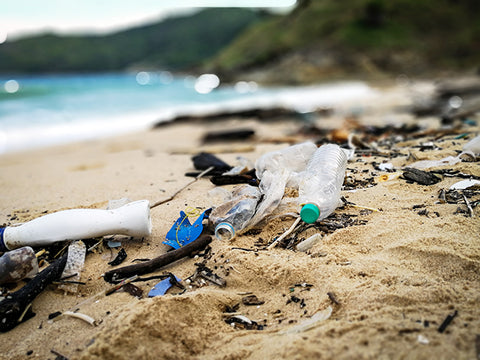As the days get hotter and longer, Miami bustles with tourism. People flock to the city and beaches to escape the colder weather.
Everyone deserves a vacation. During the pandemic, many lost money, property, and businesses that couldn’t be sustained with COVID-19 guidelines and restrictions. Having a lucrative spring break crowd brings prosperity to the city. While we support and encourage our Miami hospitality businesses, the pollution tourists leave behind hurts our wildlife.
The Problem
Everyone’s seen the pictures of Miami’s tightly packed beaches and the mountains of trash left behind. Red solo cups, styrofoam plates, napkins, coolers, and plastic tents litter the beaches. Eventually it either ends up in the water or in an animal’s stomach. Either way, it damages our environment and contributes to a lack of biodiversity. While spring-breakers can appreciate our beautiful oceans, there’s a lack of responsibility for cleaning the trash that is left leave behind.
Solutions
So what can we do? Spring-breaker, Joshua Caraway, has gained major recognition for cleaning up the beaches while his friends were partying. Heralded as a hero against the plastic pollution fight, Caraway gives Miami locals hope that tourists do care about our ecosystems. And while we applaud Caraway’s noble act, no one should be cleaning up the beaches alone. It’s nearly impossible to clean up the beaches ourselves and in the end, isn’t very effective.
The City of Miami launched their campaign: Keep Miami Beach Clean last February. They attempted to educate spring-breakers to pick up their trash. What you bring, you take back. The city placed trash cans every 200 feet along the beaches. But the campaign got cut short due to COVID-19 and major pollution still lines our shores.
Miami ought to continue educating spring-breakers and tourists throughout the year. Perhaps there can be designated educators lining the beaches at all times. They can monitor the trash left behind and enforce pollution regulation. This will bring more jobs to Miami Beach and promote sustainability.
Secondly, the hospitality industry ought to buy into sustainable packaging and products. Many companies are creating innovative, affordable, and sustainable products. Sustainable business is the future and it would be smart for hospitality to buy into it now before our beaches are gone for good. Lean Orb is a Florida-based company specializing in compostable catering supplies and disposable tableware made of bamboo, sugarcane, banana leaf and recycled paper.
So what can we do to fight against plastic pollution? For now, sign some petitions to enforce litter and pollution laws. It takes a few moments to sign and it can have a great impact. If you really want to advocate for our ocean, beaches, and waves, call and email our local legislators and urge them to cosponsor SB 594 and SB 1348. These solutions aren’t perfect but they are a start. We need to live in harmony with nature while inviting visitors to our beautiful city. We can protect our shores by practicing sustainability imperfectly and educating all who come.
Written By: Catherine Sautter
A fourth year Creative Writing and History double major and Ecosystem Science and Policy Minor at the University of Miami. As a published author, her creative passions lie in fiction writing and journalism. However she aspires to become an environmental lawyer. Catherine is passionate about advocating for environmental policy and hopes to see positive innovation and change to save our oceans, beaches, and waves.

